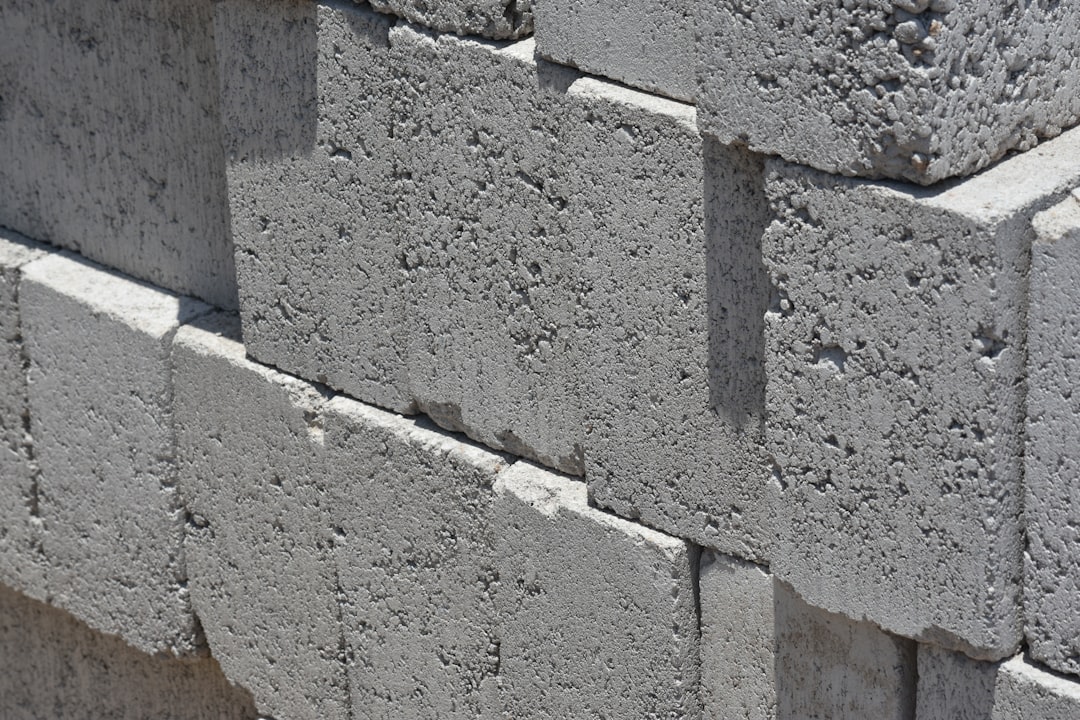
Understanding the cost to pour a concrete slab foundation is crucial for construction professionals. Prices typically range from $4 to $8 per square foot, depending on factors such as concrete volume, reinforcement, and labor. This guide provides a detailed breakdown of these costs, helping you budget effectively and avoid overestimating expenses.
• Faster project timelines—no crawlspaces to frame or basements to excavate
• Lower overall initial investment compared with full basement construction
• Modern energy codes favor insulated slabs for thermal mass and air-tightness
• Simpler maintenance because utility lines can be embedded directly in the slab
Concrete slabs are increasingly preferred in many regions, making it essential for builders and designers to understand their cost drivers.
1. Concrete volume and mix design: Most residential slabs range from 4- to 6-inch thickness with 3000-3500 PSI concrete. A typical 30' x 40' garage slab at 4 inches needs roughly 15 cubic yards.
2. Reinforcement: Rebar, wire mesh, or fiber additives impact both structural integrity and price.
3. Sub-base prep: Excavation, grading, and gravel layers ensure proper drainage and load distribution.
4. Formwork: Lumber and stakes create the mold; intricate shapes or height changes raise costs.
5. Labor: Regional wages, crew size, and schedule constraints directly affect the bottom line.
6. Finishes: Broom, trowel, stamped, or polished finishes each carry distinct labor hours and material additives.
7. Insulation and vapor barriers: Required by many codes for energy performance and moisture mitigation.
8. Access and site logistics: Tight urban lots or steep driveways increase pour complexity.
Across CountBricks projects nationwide, professionals typically see:
• Basic 4" slab (no insulation, broom finish): $4 – $8 per square foot
• Code-minimum insulated slab: $9 – $14 per square foot
• Decorative stamped slab: $12 – $18 per square foot
These are 2026 averages. Real-time figures on CountBricks.com adjust automatically as suppliers update their price sheets.
Our AI estimate engine listens as you describe the scope—“28 by 50 garage with 2-inch foam, 6-inch thick perimeter footings”—and instantly builds a digital takeoff.
• Live material feeds: Concrete, rebar, gravel, and insulation prices stream from partnered suppliers into every estimate.
• Regional labor profiles: Crew rates auto-adjust by zip code, overtime rules, and union scale.
• Task sequencing: The software maps excavation, formwork, reinforcement, and finishing lines to generate labor hours and scheduling charts.
• Change-order agility: Edit thickness from 4 to 5 inches, and CountBricks recalculates yardage, truckloads, and costs on the spot.
In Des Moines, the Martinez family planned a 400 sf kitchen expansion. Using CountBricks.com, our team:
1. Imported their PDF drawings and traced the slab in 90 seconds.
2. Selected a 4-inch slab, 2-inch XPS insulation, #4 rebar at 18 inches.
3. Received an AI voice estimate: $3,920 materials, $2,180 labor, $450 equipment, $250 overhead—total $6,800.
The GC presented this quote the same afternoon, won the job, and poured within three weeks. Final cost variance: 1.7%—well inside the 5% contingency.
• Poor soil bearing capacity requiring over-excavation or geo-grid reinforcement
• Delays waiting for inspection sign-off, which add crew downtime charges
• Winter heats: Cold-weather blankets and accelerators can raise concrete cost 15%
• Pump truck necessity for back-lot or multistory pours
By flagging these during the voice walkthrough, CountBricks prevents sticker shock later.
Our estimators help balance performance and price:
• Swap thicker sub-base gravel for expensive high-PSI mixes
• Use welded wire fabric plus fibers to cut rebar tonnage
• Schedule early morning pours to avoid hot-weather retarder additives
CountBricks integrates with funding portals so professionals can track draw schedules against completed tasks. Because invoices flow directly from approved estimates, lenders see alignment between projected and actual spend.
Do slab foundations crack more than basements?
Proper reinforcement, control joints, and soil prep keep cracking comparable to other foundation types.
How long before I can frame walls on the slab?
Typical cure time is 48-72 hours for light framing loads; CountBricks schedules follow-on trades accordingly.
Will radiant heat tubing change my cost?
Yes—expect an added $3–$5 per square foot for tubing, manifolds, and installation.
Ready for a project-specific number? Start a free voice call at CountBricks.com, upload your sketches, and receive a shareable, branded quote in under ten minutes.

1. Dynamic Supplier Bids
CountBricks negotiates volume pricing with regional ready-mix plants. When you request an estimate, the platform pings local suppliers, captures the lowest current yard rate, and applies it instantly. On a 2,000 sf slab, that live bidding can shave $400–$900 off material costs.
2. Automated Waste Reduction
Traditional estimates round concrete orders to the nearest full truck, often over-ordering by 10%. Our AI cross-checks slab square footage, beam pockets, and thickenings to calculate exact cubic yards, then recommends optimal truck splits. Contractors pour what they need—no expensive leftover loads.
3. Predictive Scheduling
Labor overages spike when crews wait for concrete or inspectors. CountBricks’ scheduling module analyzes historical pour durations and local inspection times, then locks in a timeline that minimizes standby. For the Greene Residence in Cedar Rapids, this trimmed eight labor-hours and $720 from the foundation phase.
• Ask for a soil report early to avoid surprise excavation upgrades
• Consider perimeter thickened edges to support load-bearing walls without footings
• Budget for a vapor barrier and two inches of rigid insulation to meet 2026 energy codes
• Add spare conduit sleeves before the pour for future utilities
Explore recent projects at CountBricks.com or request your personalized estimate at CountBricks.com. With live data, voice interaction, and unbeatable accuracy, CountBricks is redefining residential concrete pricing.